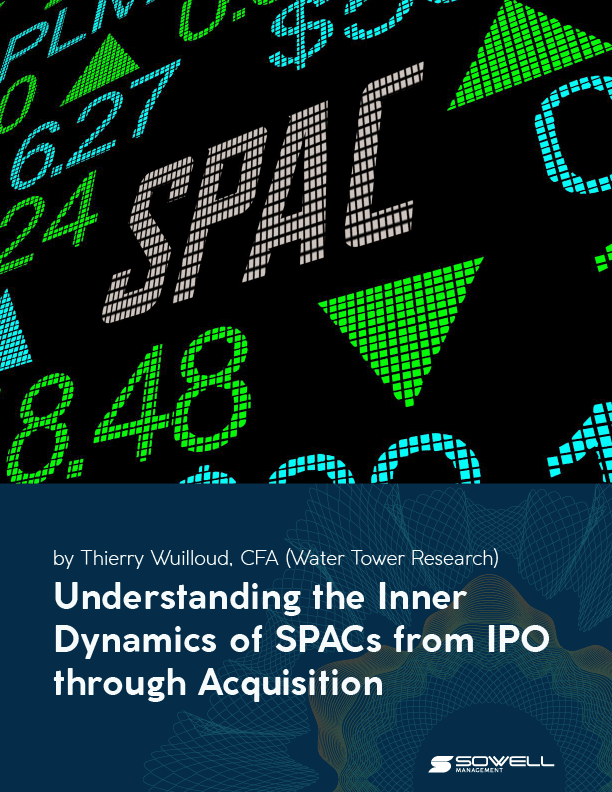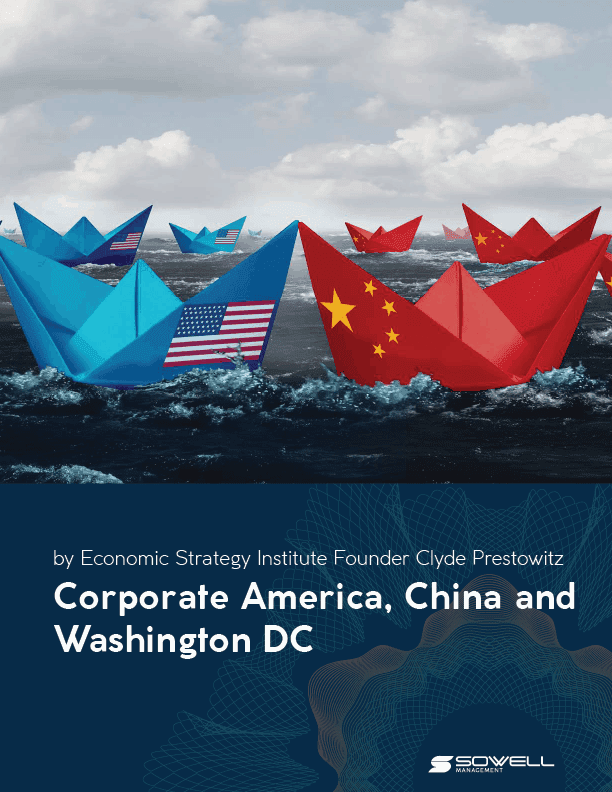White Papers
Make it in America—Manufacturing comeback is a Must not a Myth
It is the idea that while manufacturing may once have been the main driver of U.S. economic growth and technological leadership, it no longer plays that role and cannot do so in the future. It is important to emphasize that European and Asian economists and business leaders do not share this view of the dying power of manufacturing. But that does not caution American commentators like Rampell from undercutting the significance of manufacturing.

Defi: An Introduction to Ethereum + Smart Contracts
As digital assets become mainstream, the second largest cryptocurrency (by market capitalization) has generated major discussion at wealth management offices across the United States. Historically, Bitcoin has attracted most of the attention in the digital assets' ecosystem, however, investors are starting to increase their knowledge and participation in Ethereum blockchain as the number of decentralized applications ("DApps") built on the Ethereum blockchain continues to rise.

Understanding the Inner Dynamics of SPACs from IPO through Acquisition
SPACs can be very lucrative business models for their sponsors. SPACs also present an attractive alternative IPO route particularly for the owners of smaller companies, often private equity funds or smaller businesses, looking to go public. The SPAC option represents a less onerous method to go public both in terms of speed (it is faster) and risk (there is less market risk and less regulatory burden). For public equity investors, SPAC stocks can be interesting private equity type investments with changing option components.

What is Bitcoin? It's FOMO. (Fear of Missing Out)
The answer involves concepts around trust, blockchain technology, public distributed ledger system secured by cryptography on a peer-to-peer network. Huh? Not to be outdone, there are “mining” and “wallets” though not the kind that come to mind, taxed as property by the IRS, tool of choice for criminal activity like ransomware, and an inventor with the nom de plume Satoshi Nakamoto.

Corporate America, China and Washington DC
As the Biden Administration further develops its China strategy, it is increasingly going to encounter into an increasingly difficult contradiction. Unlike the case of the Great Japan Debate of the late 1980s, much of American business does not want to see any U.S. government policies that might hurt its ability to make money in China.
